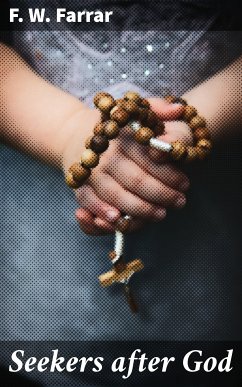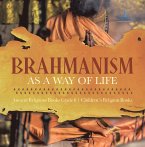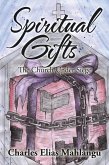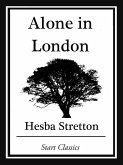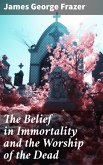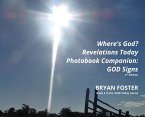In "Seekers after God," F. W. Farrar explores the profound spiritual quests and religious yearnings that have characterized human existence throughout history. This eloquent work weaves together theological reflection, historical narrative, and literary analysis, presenting portraits of notable figures who have sought divine truth. The literary style is both accessible and rich, marked by Farrar's eloquent prose and thoughtful insights, inviting readers into a deeper understanding of faith's evolution through the ages. Set against the backdrop of Victorian religious thought, this text not only examines the challenges faced by seekers of God but also reflects the era'Äôs struggles with doubt and certainty. F. W. Farrar was a prominent theologian, author, and clergyman whose life experiences and scholarly pursuits deeply informed his writing. Raised in a milieu where religion and intellectualism were often at odds, Farrar's efforts to reconcile faith with reason shine through in this book. His role as a minister and educator provided him with unique insights into the spiritual needs of his congregation and society, serving as a poignant inspiration for this enlightening work. "Seekers after God" is a must-read for anyone interested in the intersection of faith and history, offering a timeless exploration of humanity's quest for meaning. Whether you are a seasoned theologian or a casual reader, Farrar'Äôs engaging narrative will resonate with your own questions about the divine, making it an essential addition to both religious and literary collections.
Dieser Download kann aus rechtlichen Gründen nur mit Rechnungsadresse in A, B, BG, CY, CZ, D, DK, EW, E, FIN, F, GR, H, IRL, I, LT, L, LR, M, NL, PL, P, R, S, SLO, SK ausgeliefert werden.

